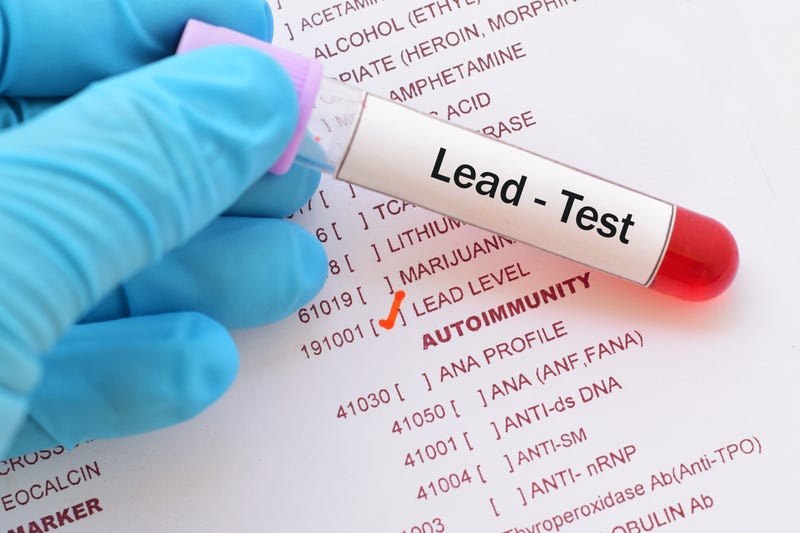
TRENTON, N.J. (KYW Newsradio) — “Downward trend” are two words we usually prefer to hear when it comes to the pandemic, but there’s been a downward trend that has New Jersey health officials concerned.
“The number of New Jersey children tested for lead exposure declined 20% last year,” said Health Commissioner Judy Persichilli during a recent state coronavirus briefing.
While at the same time, Persichilli brought up a CDC study that found COVID-19 affected the identification of children with elevated blood lead levels because doctor’s offices and schools were closed.
"Preliminary 2020 data indicates 144,000 (New Jersey) children were tested, of whom 3,348 or 2.8% had elevated blood levels,” said Persichilli. “That is an increase of 29% over the prior year.”
KYW medical editor Dr. Brian McDonough isn’t surprised by these numbers.
“Because of COVID, a lot of children have not been coming in the way they normally do for exams and checkups,” he said.
"Therefore, many of the things we do that are precautionary aren’t done, and one of them is measuring lead levels. So it’s important to test these children periodically for lead to see if they’re at high risk, or if something needs to be done (and) intervention needs to occur.”
“All children should be screened for lead at ages 1 year and 2 years,” Persichilli added. “Or if not previously screened at these ages, at least once before their sixth birthday.”
The state’s health department is partnering with the New Jersey chapter of the American Academy of Pediatrics to improve lead screening rates.
They’re urging health care providers in the state to reschedule any missed or canceled visits from last year.
“We know that even low levels of lead can effect a child’s health, their behaviors, their ability to pay attention and their ability to achieve milestones at school,” said Persichilli.
McDonough said every child should be screened, especially if they live in an older home.
“One of the common sources still for lead poisoning is lead that’s available in paint chips in older homes," he explained. "At one time there was lead-based paint, so the older paint actually has those chips. So if a child is in that environment for a longer period of time and isn’t tested, theoretically there can be a greater exposure.”
Another source of lead is water pipes in older homes.
Click here for more information.


